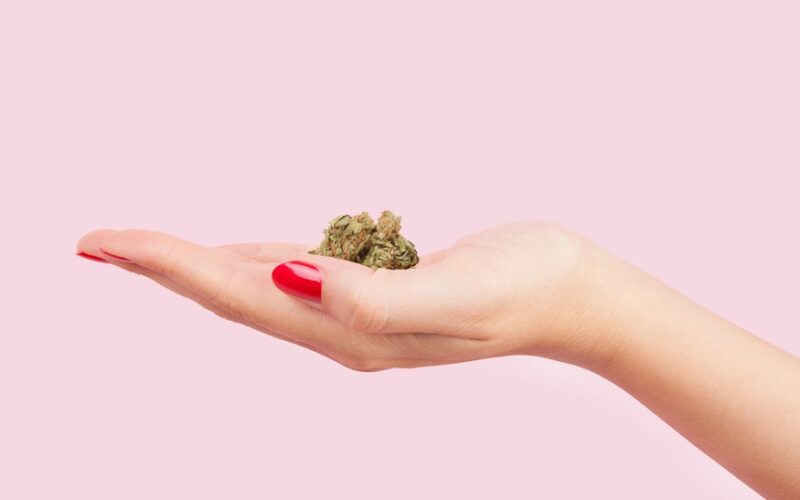The results of a recently released study from the CDC confirms what many marijuana advocates have believed for a long time: that legalization doesn’t increase pot use among teens. More importantly, the study is in line with previous studies demonstrating the same thing. Unfortunately for those against marijuana legalization, the argument of increased youth consumption is no longer a valid one.
Fairness demands a closer look at the study data and what it actually reveals. Why? Because no notable increase in teen cannabis consumption following legalization does not mean teens aren’t using cannabis. Alcohol is legal in all fifty states, and we know that teens still drink.
A Gradual Decline
The study in question is the annual Youth Risk Behavior Study conducted by the CDC. It looked at risky behaviors among youth from 2011 through 2021. It notes a gradual decline in teenage marijuana consumption over the last decade.
Data shows a steep drop-off in 2020-2021, a phenomenon linked to COVID shutdowns and teens spending more time at home with their parents. But surprisingly, teen marijuana consumption did not increase in 2022, as would have been expected once COVID restrictions were lifted.
It is also interesting to note the rate of decline was greater among teenage males as compared to females. Consumption among males has fallen from 26% in 2011 to 14% in 2021. Female consumption has dropped from 20% to 18% during the same period.
The Same Across the Board
Another interesting thing the CDC study revealed is that the numbers are fairly consistent across the board. Even in states with legalized medical cannabis and recreational marijuana, the decline in teen consumption remains consistent. It is clear that legalizing marijuana at the state level doesn’t lead to increased consumption among teenagers.
Researchers lay some of the credit for that at the feet of states willing to diligently enforce age limits and ID requirements. By requiring pharmacies and dispensaries to verify customer age, they prevent marijuana sales to minors. That is good. And yet, it also illustrates why the positive numbers should be taken with a grain of salt.
Teenagers Still Drink
Let us go back to alcohol for a second. Most states prohibit alcohol sales to customers under twenty-one years of age. Some have lower drinking ages. Either way, retailers are required by law to verify customer age via a photo ID. They can be punished severely for selling alcohol to minors.
Does this prevent minors from drinking? No. Minors find other ways to get their hands on alcohol. They may steal it from their parents’ liquor cabinets. They may ask adults to buy it for them. They might even use fake IDs to buy alcohol themselves.
A teenager in Utah could not walk into a convenience store and legally buy booze. Likewise, he couldn’t visit a medical cannabis pharmacy, like Park City’s Deseret Wellness, and walk away with pot. He would be turned away after being unable to produce the proper ID and a medical cannabis card.
The Black Market Is Still There
That same teenager unable to legally buy cannabis at a pharmacy or dispensary can still buy it off the street. The black market is still there, and it’s doing quite well. We need to consider the fact that the CDC’s data could be skewed by teenagers who buy from the black market but don’t admit they use cannabis.
The data is clear in demonstrating that state legalization does not increase cannabis consumption among teenagers. But it says nothing about reducing cannabis consumption. Just because teenagers do not report using pot, it doesn’t mean they aren’t doing it.

